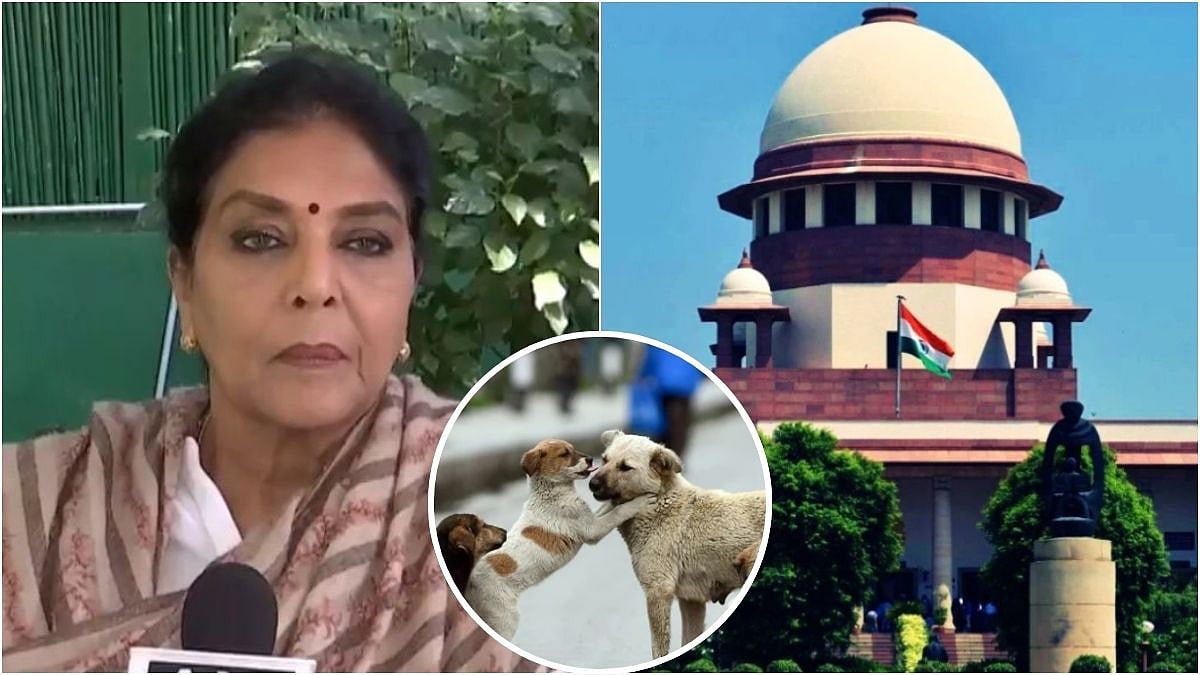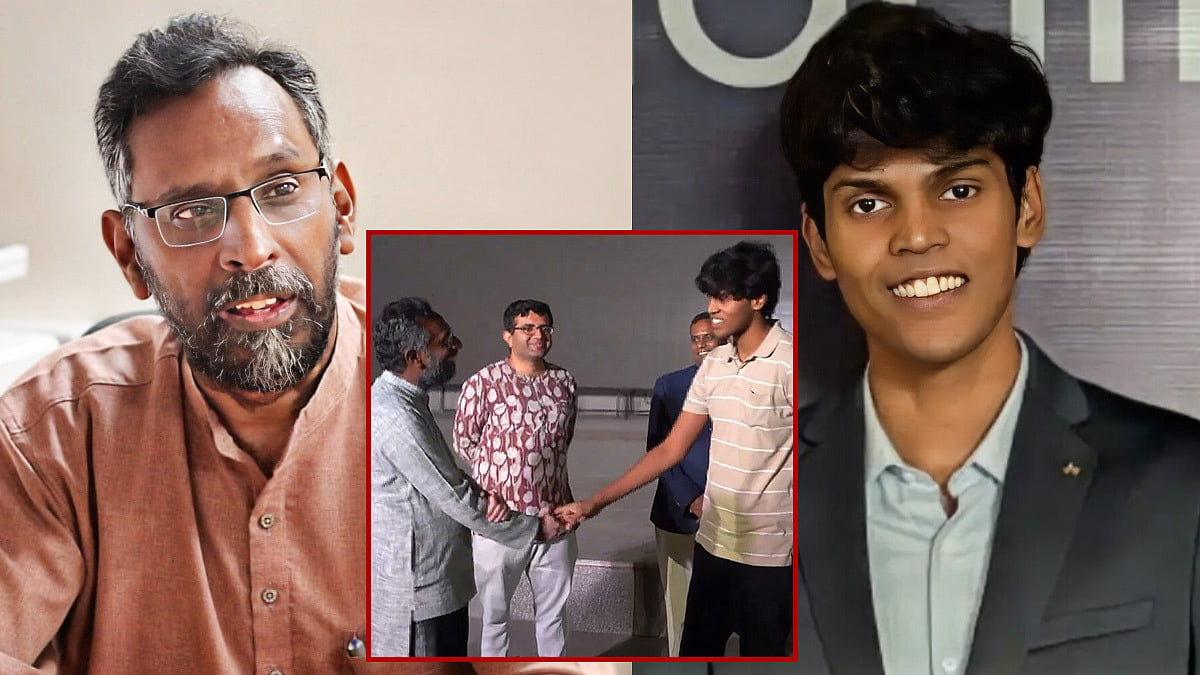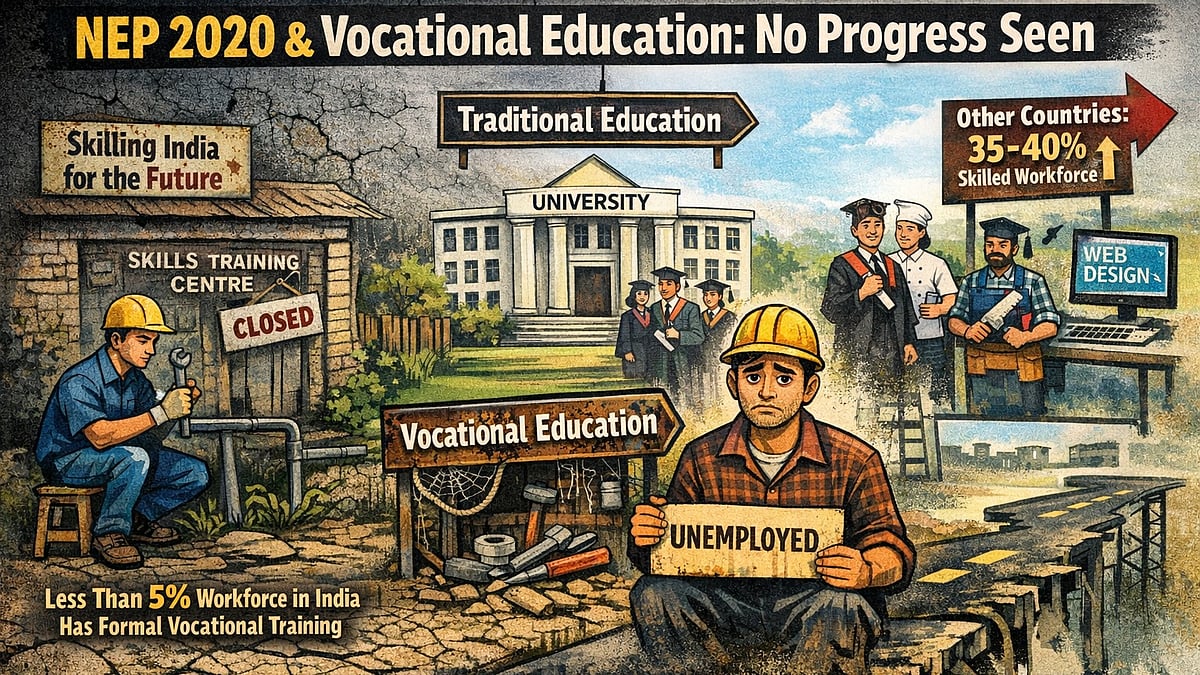The US Supreme Court in a major blow to African-Americans and other minority students in the country has banned the decades-old practice of race based admissions in the Universities. The ban on affirmative action means now there will be no entry on the basis of race and ethnicity in US' campuses.
The Apex court's vote counts were 6-3 against UNC and 6-2 against Harvard. Chief Justice John Roberts said that the Harvard University and the University of North Carolina's admissions programs violate the equal protection clause of the 14th Amendment.
What is Affirmative action?
Affirmative action means positive action or positive discrimination which was introduced in the US to counter historical patterns of prejudice against individuals with certain identities. In the context of higher education, affirmative action typically refers to admissions policies aimed at increasing the number of Black, Hispanic, and other minority students in the Universities across US. In terms of India this means reservation in the Colleges.
When was it introduced?
The Supreme Court in the US on Thursday effectively overruled Grutter v. Bollinger (2003) and Regents of the University of California v. Bakke (1978) which validated some affirmative action in college admissions provided that race had a limited role in decisions.
Grutter v. Bollinger, (2003), was a landmark case of the Supreme Court of the United States concerning affirmative action in student admissions. The Court then held that a student admissions process that favors "underrepresented minority groups" did not violate the Fourteenth Amendment's Equal Protection Clause so long as it took into account other factors evaluated on an individual basis for every applicant.
The decision largely upheld the Court's decision in Regents of the University of California v. Bakke (1978), which allowed race to be a consideration in admissions policy but held racial quotas to be unconstitutional.
What are similarities between Reservation system in India vs Affirmative action in US?
The nature of affirmative-action policies varies from region to region and exists on a spectrum from a hard quota to merely targeting encouragement for increased participation.
In India use of quota system or reservations in government jobs, political positions, school/college seats plays a significant role for the marginalised section of the society.
Reservation is a system of affirmative action in India that provides historically disadvantaged groups representation in education, employment, government schemes, scholarships and politics. Based on provisions in the Indian Constitution, it allows the Union Government and the States and Territories of India to set reserved quotas or seats, at particular percentage in Education Admissions, Employments, Political Bodies, Promotions, etc, for "socially and educationally backward citizens."
Are US Citizens in favor of Affirmative action?
According to a poll taken by USA Today in 2005, the majority of Americans support affirmative action for women, while views on minority groups were more split. Men are only slightly more likely to support affirmative action for women; though a majority of both do.
However, a slight majority of Americans do believe that affirmative action goes beyond ensuring access and goes into the realm of preferential treatment.
A Quinnipiac poll from June 2009 finds that 55% of Americans feel that affirmative action, in general, should be discontinued, though 55% support it for people with disabilities.
A Gallup poll from 2005 showed that 72% of black Americans and 44% of white Americans supported racial affirmative action (with 21% and 49% opposing), with support and opposition among Hispanic people falling between those of black people and white people. Support among black people, unlike among white people, had almost no correlation with political affiliation.
Politicians in the US have different reactions this
After the Supreme court rejected the affirmative action it has received backlash from Democrat politicians who are not in favor of this move. Former President of the US, Barack Obama says, "Affirmative action was never a complete answer in the drive towards a more just society. But for generations of students who had been systematically excluded from most of America’s key institutions—it gave us the chance to show we more than deserved a seat at the table. In the wake of the Supreme Court’s recent decision, it’s time to redouble our efforts."
However Republicans are in favor of this move, Republican's Mike Pence hailed the decision. He said, "I am pleased that the Supreme Court has put an end to this egregious violation of civil and constitutional rights in admissions processes, which only served to perpetuate racism."
He adds, "I am honoured to have played a role in appointing three of the Justices that ensured today's welcomed decision, and as President I will continue to appoint judges who will strictly apply the law rather than twisting it to serve woke and progressive ends."











